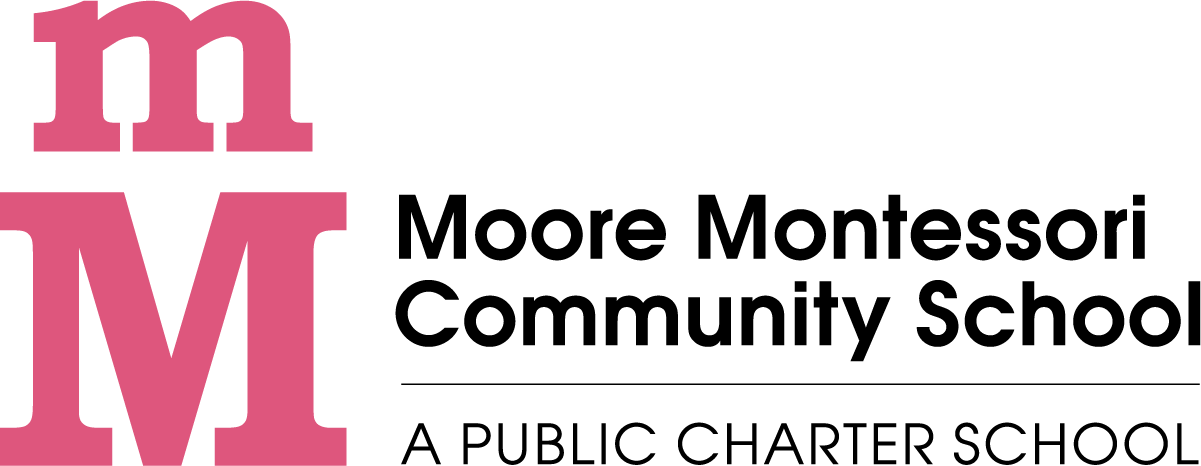New Middle School Program Teaches Lessons of Life
The Pilot By MARY KATE MURPHY || mkmurphy@thepilot.com June 4, 2023
Seed packets, potting soil and chicken feed aren’t usually included on the typical sixth-grader’s back-to-school shopping list.
But in one school where students choose their own learning adventure day to day, a group of middle schoolers is following their interests into entrepreneurship.
Moore Montessori Community School has received about $15,000 worth of grants to provide them with equipment to start an “urban agriculture” program on its campus.
The Southern Pines charter school is adding a middle school program in the next school year and plans to top out at eighth grade in 2024. Montessori education prioritizes student-driven, hands-on learning in all subjects throughout the grade levels.
Moore Montessori’s seventh and eighth grade program — sixth grade is part of Upper Elementary in its mixed-age classrooms — will be designed as a bridge between elementary Montessori education and traditional high school.
But putting new concepts, quite literally, in students’ grasp will extend to basic financial principles in the expanded middle school microeconomic program.
Current sixth-graders have already gotten started raising chickens and planting seeds for their future enterprise. It will all happen on an unlikely patch of pavement behind the main school building.
That’s thanks to a set of hydroponic gardening systems with space to grow 440 plants without the use of soil. Teacher Rebecca Few secured a grant worth $10,000 from Green Our Planet, a nonprofit conservation organization that supports school gardening programs nationwide.
A second grant from the N.C. Outdoor Heritage Advisory Council funded a greenhouse where sunflowers, zinnias and pumpkins are already beginning to sprout.
Teacher Rebecca Few outside the chicken structure. Students Eli Burgin, Harmonee Rosario Liam Buis and Josef Pfannkuch with their chickens at Moore Montessori Community School in Southern Pines. Ted Fitzgerald/The Pilot
Moore Montessori’s own funds have gone toward a chicken coop and eggs. Students put in their share of planning and sweat equity, spending a Saturday last month assembling the coop from a kit.
Students came up with a project budget and presented it to the school’s board of directors, realizing that the kit was a more economical option than buying raw materials.
“One person would list the materials and how much it cost and one would kind of write a letter and tell them what we were going to do with it,” said Malia Young, a rising seventh-grader.
“We looked up all the materials we needed online. That was excruciating. It took such a long time.”
Field trips have abounded: to hardware stores, LadyBug Farm in Pinebluff for fertilized eggs. Aberdeen Supply threw in some seeds when students went shopping for chicken feed and heat lamps.
Students have already learned that in business, things don’t always go to plan. Their initial purchase of 22 eggs resulted in four live chicks after a power outage interrupted incubation.
Whether Blurg, Maverick, Smoky and Squirt will be female and lay eggs won’t be clear until the chicks mature. So another set of eggs is now incubating in the hope of ending up with a large group of profitable producers.
“Our goal is education. We spent some money and we lost some money in that learning process,” said Few, who will be one of two middle school teachers at Moore Montessori.
“Even if we lose money in the endeavor, we still were successful if we learned.”
Produce from the greenhouse and hydroponic lettuces will be sold at a school farmer’s market and in-house. At a school where every classroom has a pet guinea pig, rabbit or reptile, the students will have their work cut out for them out-producing their own demand.
Landon Andrews and David Phillips tend to the plants in the green house at Moore Montessori Community School in Southern Pines. Ted Fitzgerald/The Pilot
“We’re going to be breeding some mealworms to feed to the reptiles: we have lots of leopard geckos and a bearded dragon,” said sixth-grader Bethany Bolyard. “The chickens will eat them too.”
The students already have big plans for their eventual proceeds: funding a field trip to Washington, D.C. by the end of their eighth-grade year.
“We’re hopefully not having to ask parents to pay,” said Haley Martin. “We’re going to use the money from the plants, and the chicken eggs and making the food and whatever we’re going to do next year to raise enough money to go.”
By then they might realize, too, the intangible lessons they’ve already started to learn: dealing with setbacks, getting their hands dirty, and coming to agreement with 20 of their closest friends.
“After we talk through everything,” Few said. “They are usually pretty much on the same page.”
https://www.thepilot.com/news/new-middle-school-program-teaches-lessons-of-life/article_bd7f6de8-02ed-11ee-ae06-9b1cfca86018.html

